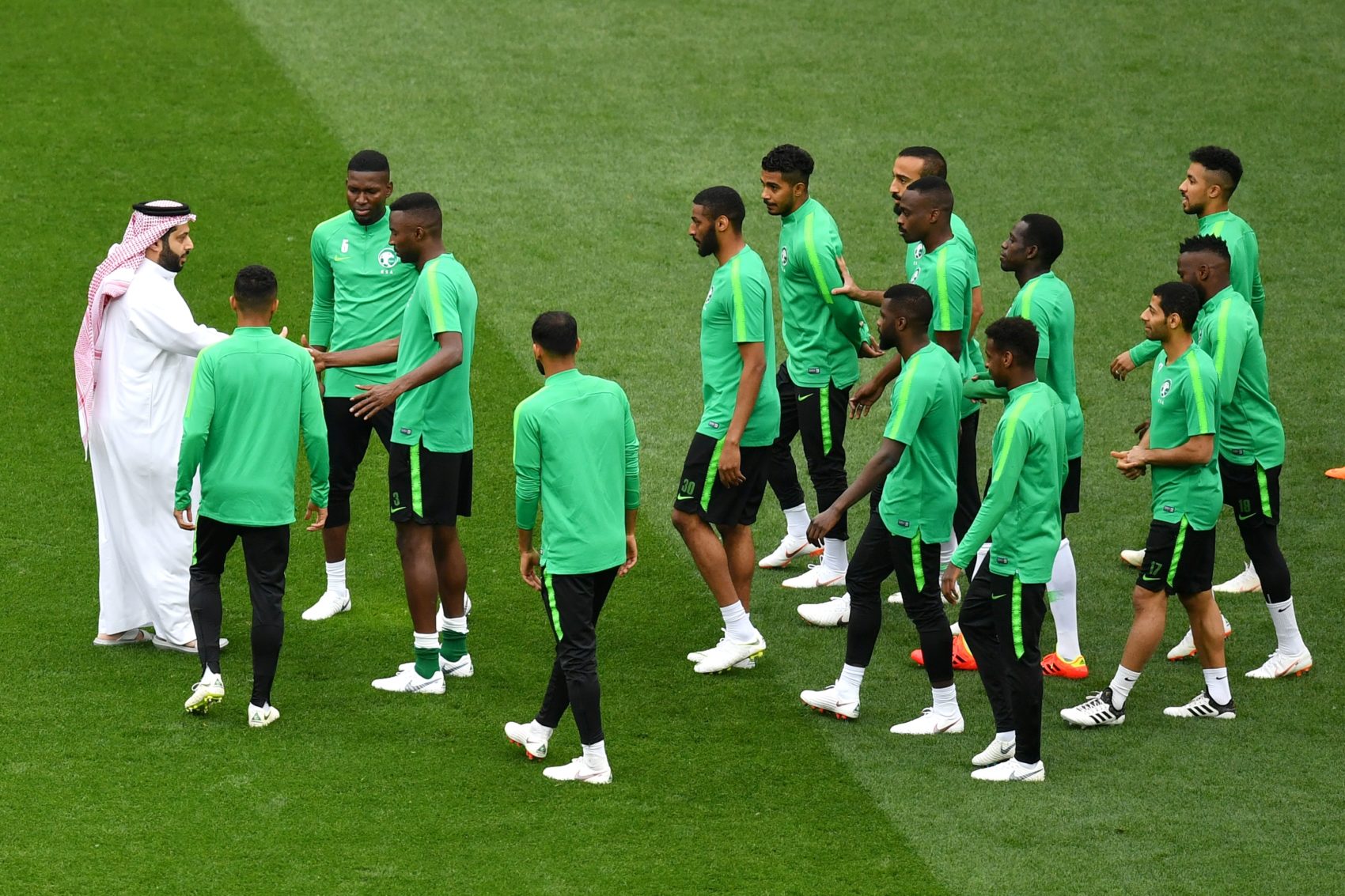Article Summary
- Cristiano Ronaldo fell out with the hierarchy at Man United which prompted his move away from Europe, to Saudi Arabia.
- Saudi Arabia is looking to position itself as a prominent footballing destination for big football stars, with reports that Messi has received a similar big-money offer.
When Cristiano Ronaldo made that big money move to Al-Nassr after his contract was mutually terminated at Manchester United, all eyes turned to the Saudi Pro League, the new hunting ground for the five-time Ballon d’Or winner.
The contract was a two-and-a-half-year deal reportedly worth around £177 million ($220m).
Ronaldo’s arrival to Riyadh, saw the capital city team’s Instagram followers rise from 800,000 to over 14 million. It also improved the global appeal of the league through major broadcast deals, and now, Saudi Arabia is looking to position itself as a new force in world football.
The nation’s strategic objectives include diversifying its income away from fossil fuels, hosting the 2030 FIFA World Cup, and improving public health. Saudi Arabia sees football as a vehicle to achieve these goals, positioning itself as a prominent footballing destination.
Saudi journalist, Khaled Al Arafah agrees that the arrival of has led to a noticeable improvement in the quality of the Saudi Pro League.
“When the Al-Nassr players see Cristiano training, they try to match his massive levels of dedication. It’s about confidence. Watch them before and now, you can see how much they’ve improved and are genuinely giving their all.
“The same goes for opponents, too. I spoke to Luiz Gustavo recently and he told me that since Ronaldo’s arrival, most of the teams are giving 200 per cent when they take on Al-Nassr.
That makes sense. When you play a game and you know people are watching you around the world, you give everything. It makes Saudi Pro League matches better.”
It’s no longer a secret that Ronaldo’s long term rival, Lionel Messi is already looking ahead to life away from PSG this summer. The Argentinian captain served a two-week suspension for missing team practice to embark on a tourist trip to Saudi Arabia, an obligation under his mega-money deal as a tourist ambassador to the kingdom.
Messi, whose current deal at PSG expires at the end of the season reportedly has an offer which is worth twice of Ronaldo’s. A £350 million per year deal from another Riyadh club, Al Hilal.
Not just Messi and Ronaldo, there’s a long list of other high-profile players who are available on a free transfer from June 30. Roberto Firmino, Hugo Lloris, Sergio Busquet, Luka Modric, Karim Benzema, Jordi Alba are amongst the players who have linked with likely moves to Saudi.
This is a clear reflection of the profile of players needed there.
It would be very wrong to assume that it’s only Saudi clubs that are pushing to sign star players. Aging players seek secured long-term contracts, and enhanced salaries, but this is always not obtainable in top European Clubs due to financial restrictions.
Financial Fair Play and European Clubs
After the signing of Lionel Messi, Sergio Ramos and Achraf Hakimi in the 2021, the wage bill at PSG went up by 45%. Latest financial figures show they recorded a €369m net loss for 2021/22, while also posting the highest wage bill for a professional football club at €728m.
According to UEFA’s Financial Fair Play rules, clubs participating in UEFA competitions have their spending on transfers and player wages capped at 90%.
Barcelona’s salary and amortized transfer fees expenditure increased by 27% to €656 million ($707 million) this season after the signing of Robert Lewandoski and six new players.
Premier League clubs are allowed three-year losses of £105 million ($148 million), averaging £35 million ($49 million) per season.
Saudi Arabia’s vast financial resources and absence of financial fair play regulations make it an attractive option for European clubs seeking to offload high-wage players.
This trend allows European clubs to balance their wage bills and adhere to financial regulations while receiving sizable transfer fees.
Saudi Arabia’s surge in football investment draws parallels to the Chinese Super League’s rise in 2016. Chinese clubs attracted European players with lucrative transfer fees and generous wages, though the model eventually faced challenges and failed.
















